compatibilism
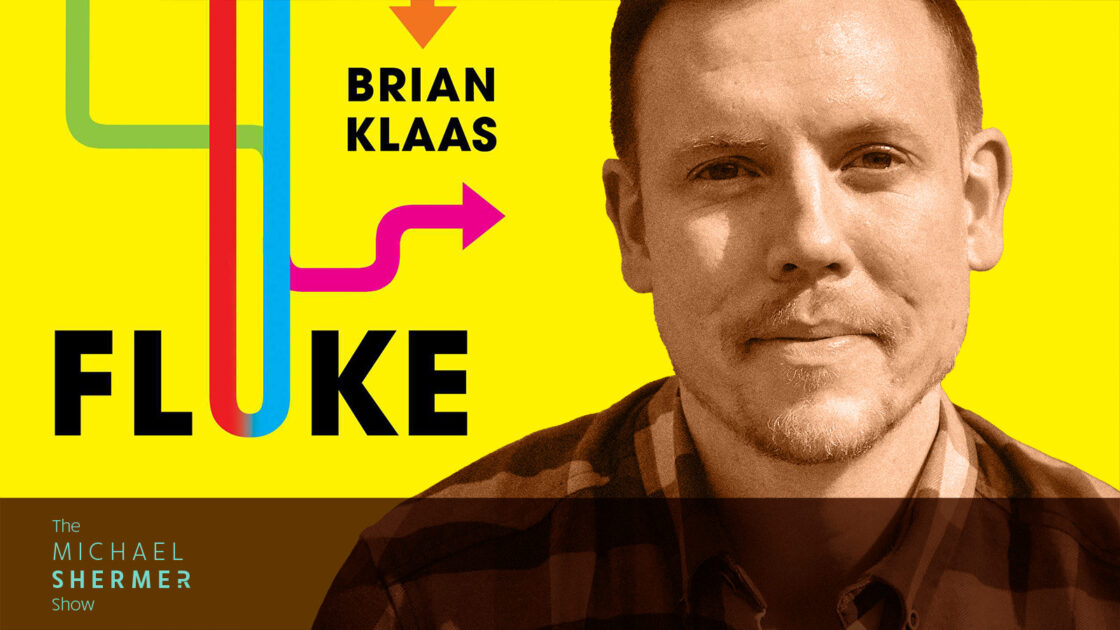
Shermer and Klaas discuss: contingency and necessity/convergence • chance and randomness • complexity and chaos theory • Jorge Luis Borges “The Garden of Forking Paths” • self-organized criticality • limits of probability • frequency- vs. belief-type probability • ceteris paribus, or “all else being equal” • economic forecasting • Holy Grail of Causality • Hard Problem of Social Research • Special Order 191 and the turning point of the Civil War • Hitler, Nazi rise to power in Germany, World…
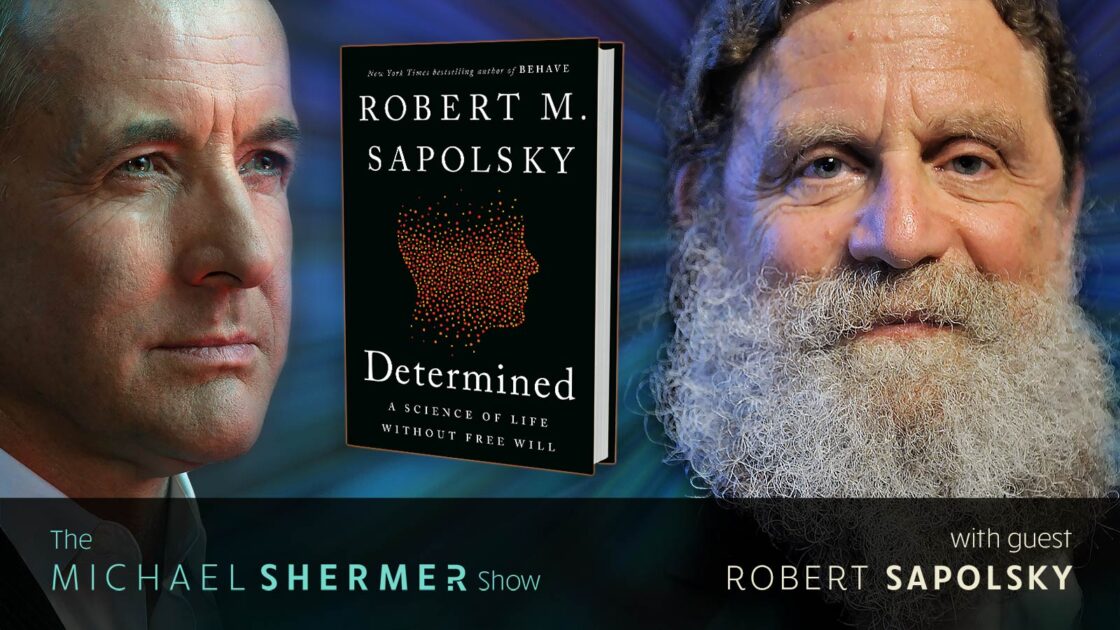
Shermer and Sapolsky discuss: free will, determinism, compatibilism, libertarian free will • Christian List’s 3 related capacities for free will • how what people believe about free will and determinism influences their behaviors • the three horsemen of determinism: (1) reductionism (2) predetermination; (3) epiphenomenalism • dualism • punishment • retributive vs. restorative justice •Is the self an illusion? • game theory evolution of punishment • luck • and meaning (or lack thereof).
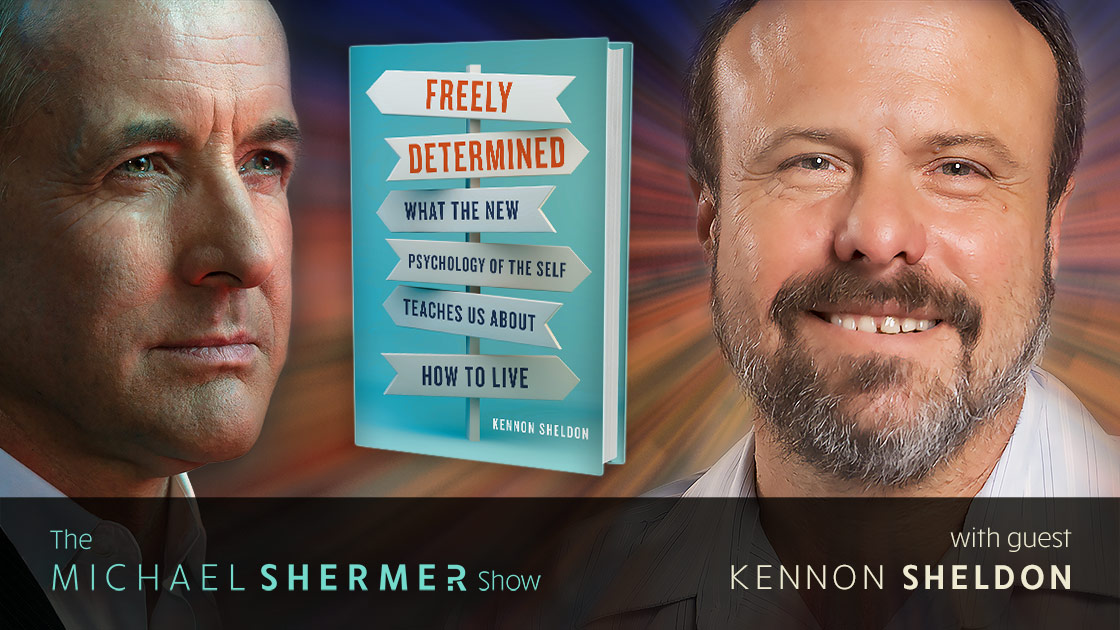
Shermer and Sheldon discuss: definitions of free will, determinism, compatibilism, libertarian free will • dualism • reductionism, materialism, predetermination, and epiphenomenalism • Christian List’s three capacities for free will • AI, Star Trek’s Data, sentience and consciousness, ChatGPT, GPT-4 • how what people believe about free will and determinism influences their behaviors • the case for hard determinism • brain injuries, tumors, addictions, and other “determiners” of behavior • emergence • symbolic self • System 1 vs. System 2 thinking • Experiencing Self vs.…

The philosophical problem of free will and determinism—how can humans have any sort of volition in a world determined by the laws of nature?—has troubled thinkers since the time of the ancient Greeks, and here in the 21st century there is still no consensus among thinkers on a solution to the problem. Can science help? Is there some way to test determinism? There is, says Gary Whittenberger, in this evocative article in response to a debate in the pages of…
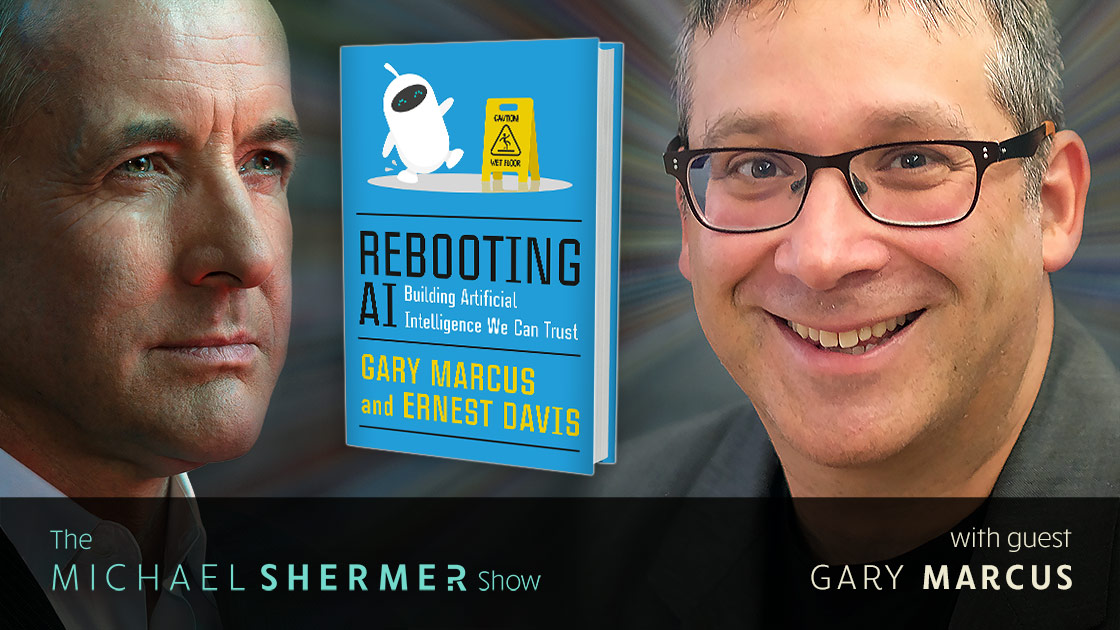
Shermer and Marcus discuss: why AI chatbot LaMDA is not sentient • “mind”, “thinking”, and “consciousness”, and how do molecules and matter give rise to such nonmaterial processes • the hard problem of consciousness • the self and other minds • How would we know if an AI system was sentient? • Can AI systems be conscious? • free will, determinism, compatibilism, and panpsychism • language • Can we have an inner life without language? • How rational or irrational…
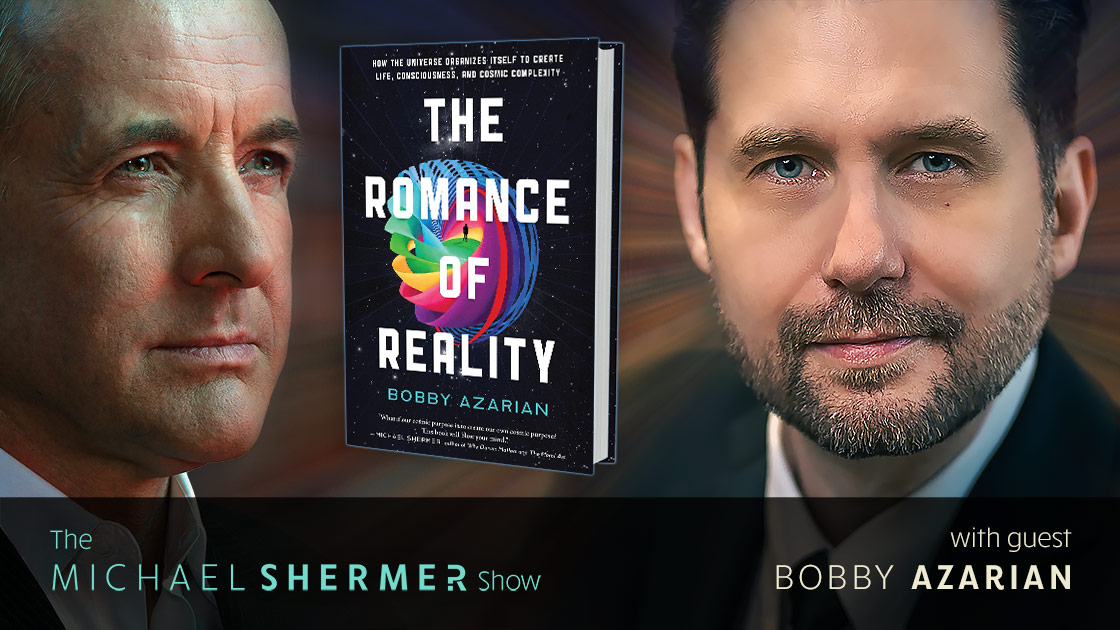
Shermer and Azarian discuss: laws of thermodynamics and directionality • how complexity formed after the Big Bang • laws of nature: discovered or created or both? • Stephen Jay Gould and contingency vs. necessitating laws of nature • convergent evolution and directionality in evolution • the left wall of simplicity • leading theories for the origin of life • complexity theory and emergence • consciousness, the self, and other minds • free will, determinism, compatibilism, panpsychism • Is there purpose…
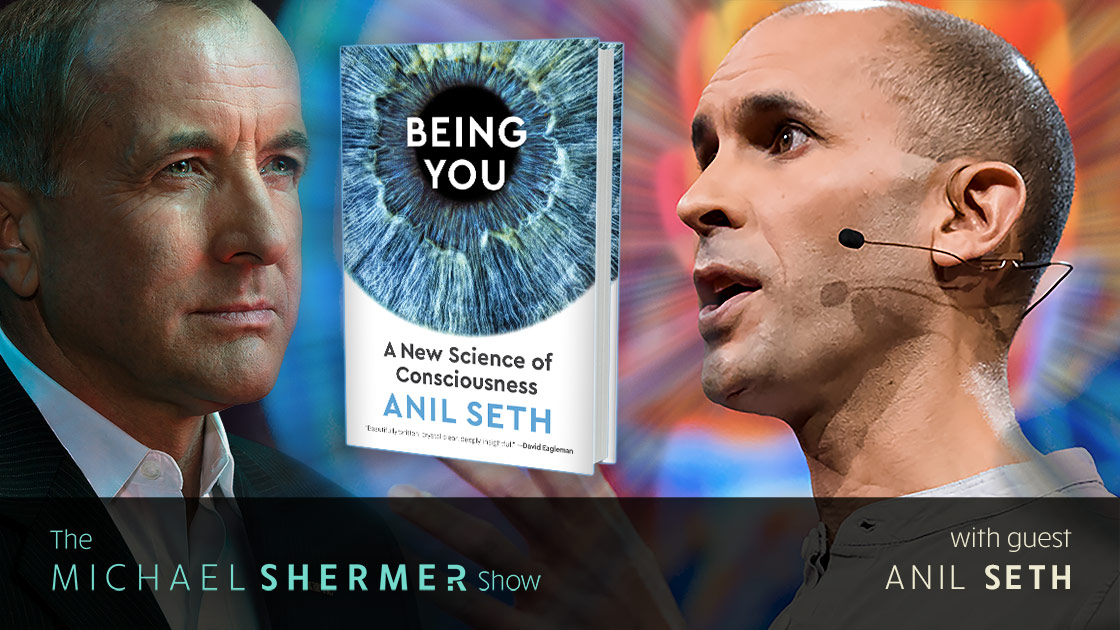
Shermer and Seth discuss: consciousness • controlled hallucinations • the self and other minds • Where does consciousness go during general anaesthesia? After death? • Are we living in a simulation that itself is inside a simulation? • Does Deep Blue know that it beat the great Gary Kasparov in chess? • Does Watson know that it beat the great Ken Jennings in Jeopardy!? • Is Data on Star Trek sentient, conscious, and with feelings? • Can AI systems be…
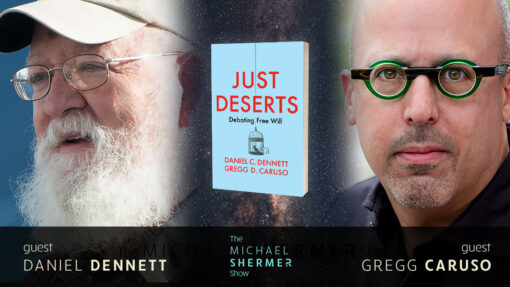
The concept of free will is profoundly important to our self-understanding, our interpersonal relationships, and our moral and legal practices. If it turns out that no one is ever free and morally responsible, what would that mean for society, morality, meaning, and the law? This conversation brings together two philosophers — Daniel C. Dennett and Gregg D. Caruso — to debate their respective views on free will, moral responsibility, and legal punishment.
In The Michael Shermer Show # 168, Dr. Shermer moderates an entertaining, rigorous, and sometimes heated philosophical dialogue between two leading thinkers: Daniel Dennett and Gregg Caruso, based on their book Just Deserts.
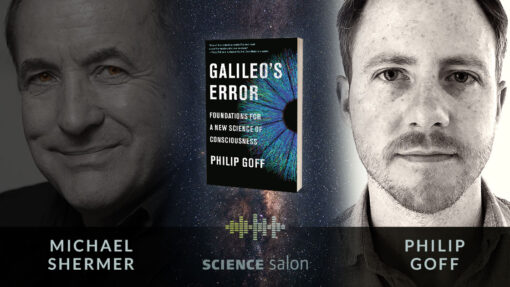
Shermer and Goff discuss: the problem Galileo’s approach to science solved • dualism, monism, panpsychism • idealism • hard problem of consciousness • ultimate nature of reality • model dependent realism • Arthur Stanley Eddington and Bertrand Russell build panpsychism back into science • philosophical zombies • free will, determinism, compatibilism • objective moral values • fine tuning and the multiverse.
In Science Salon # 142 Michael Shermer speaks with Philip Goff about his new book Galileo’s Error: Foundations for a New Science of Consciousness. PLUS, we celebrate Carl Sagan’s birthday; he would have been 86 years old today.

















